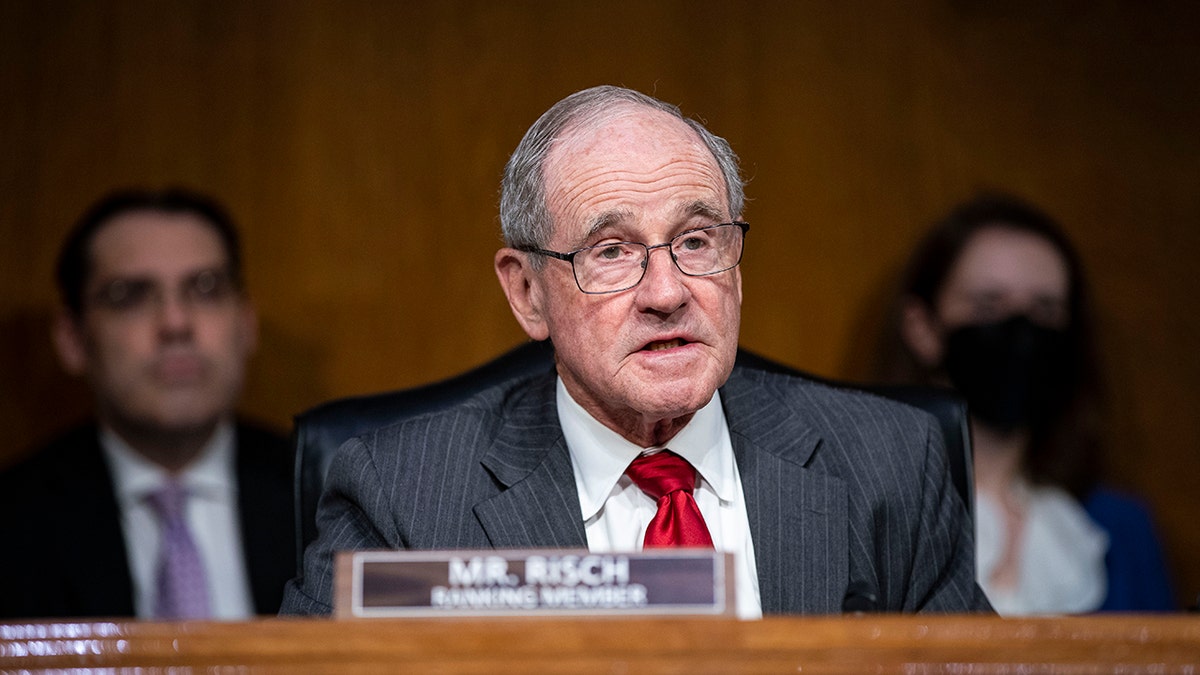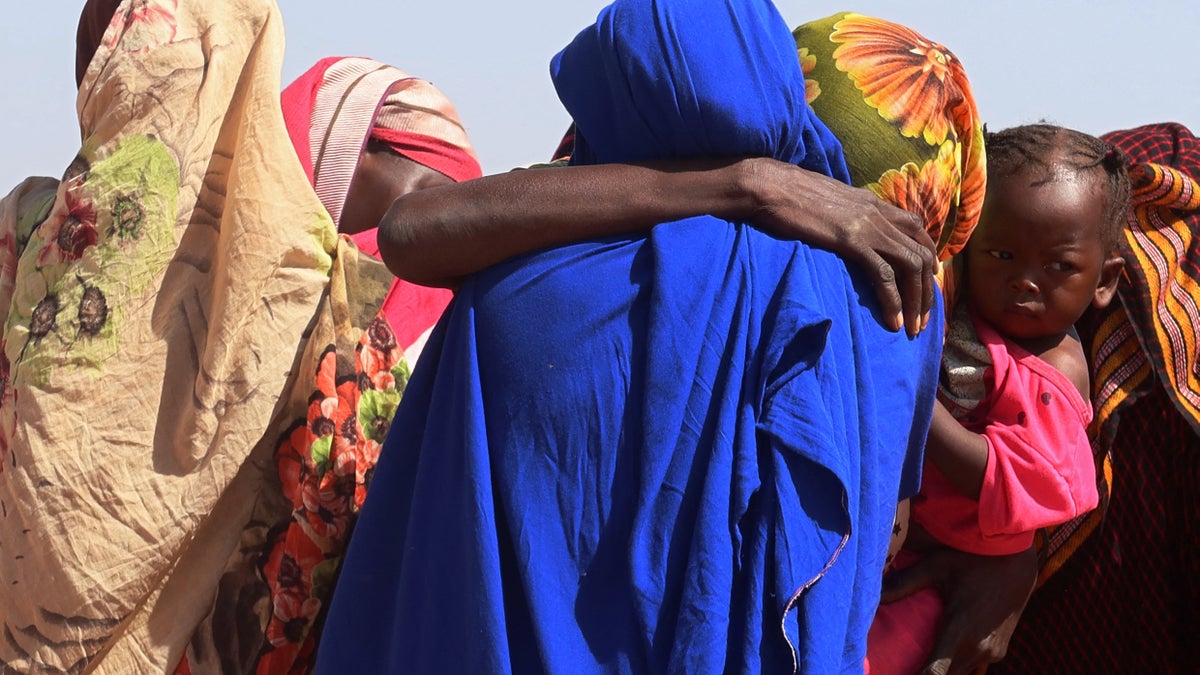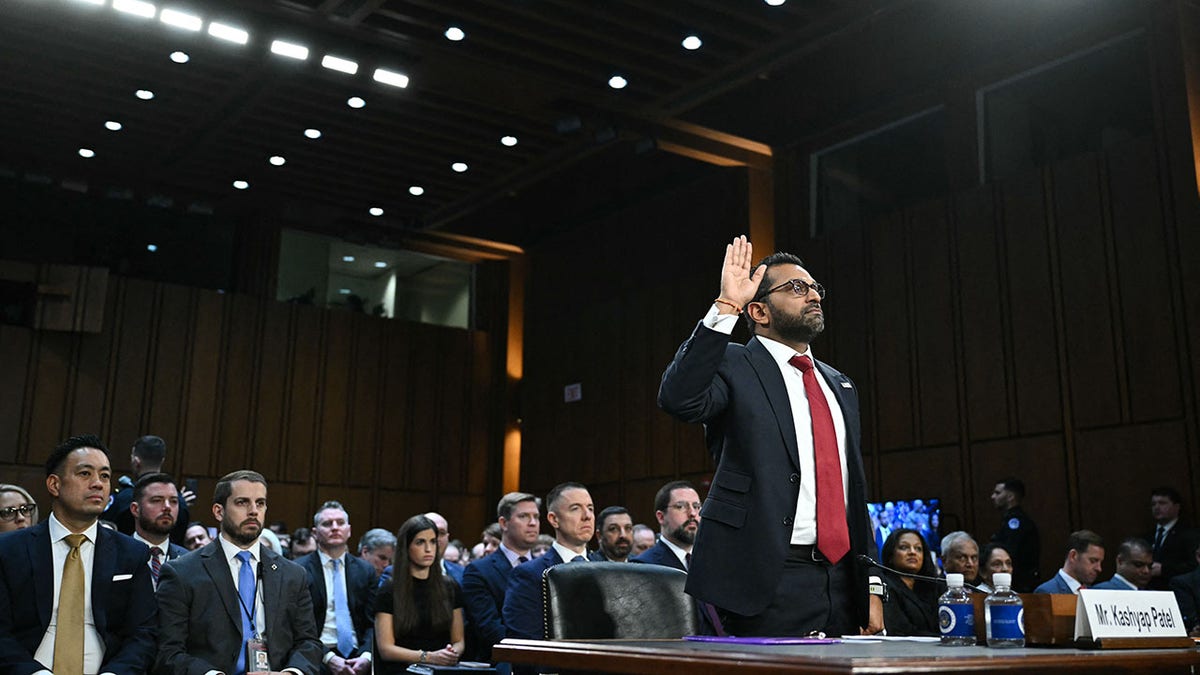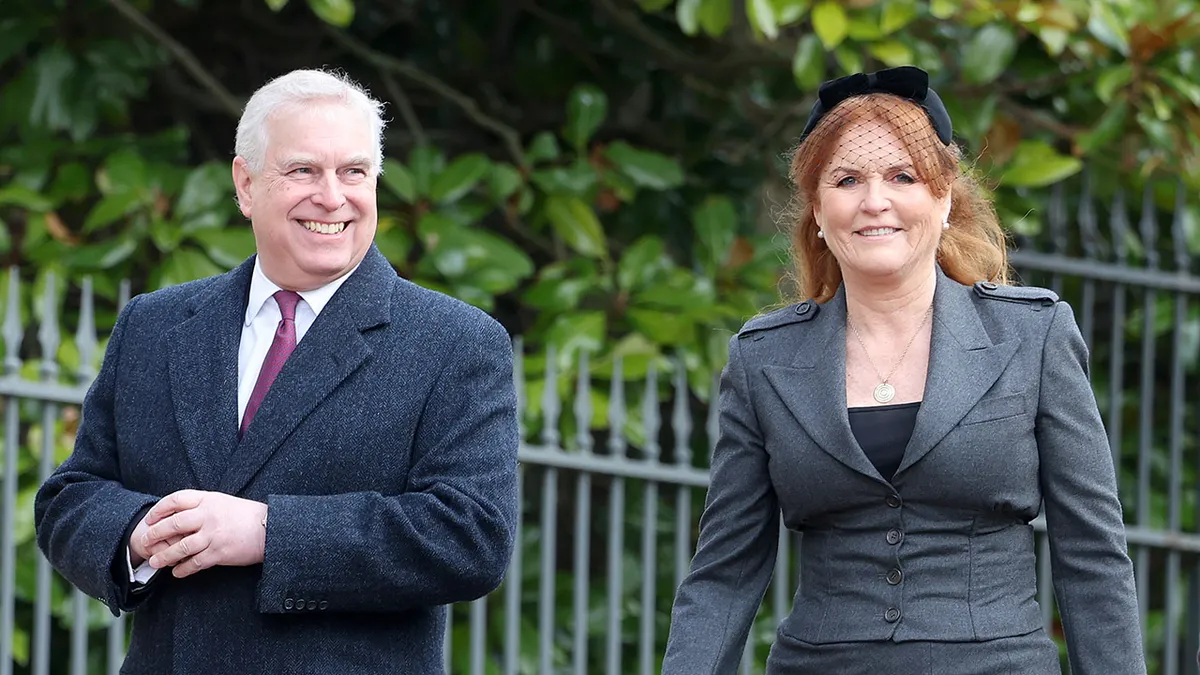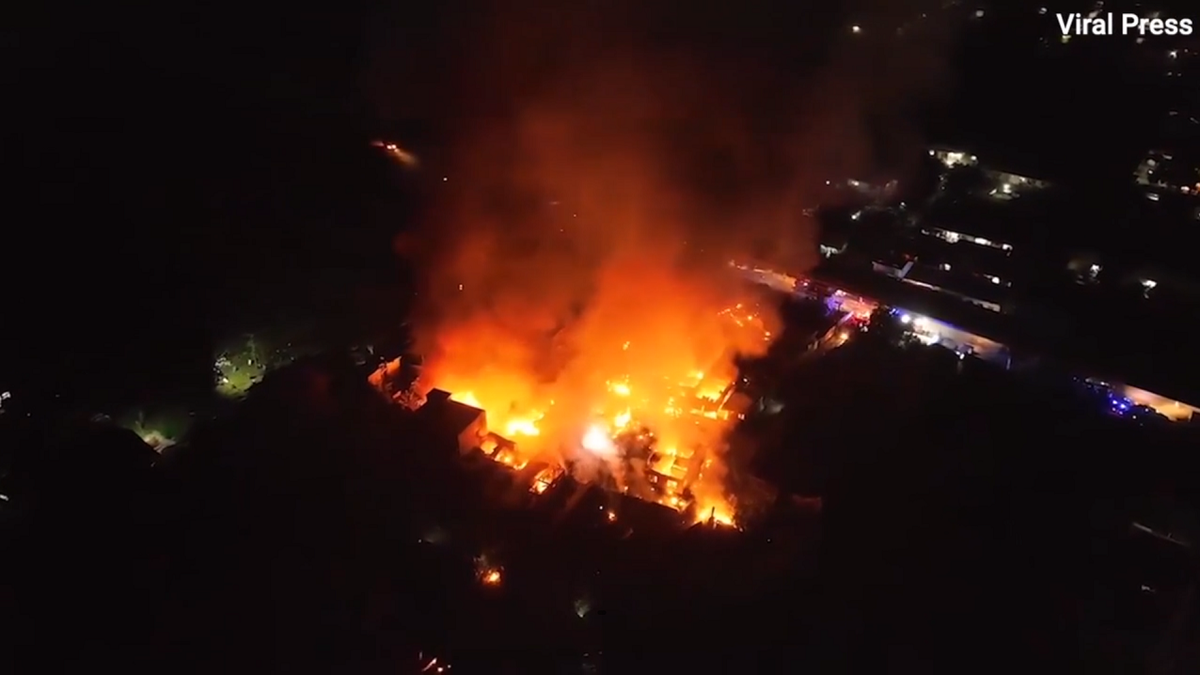Amidst the ongoing humanitarian crisis in Sudan, the Biden administration's recent declaration of genocide by the Rapid Support Forces (RSF) and subsequent sanctions have drawn criticism for their timing. Secretary of State Antony Blinken declared the RSF's actions as genocide, citing systematic atrocities against civilians, including targeted killings of men and boys and sexual violence against women and girls. Hemedti, the RSF leader, has been specifically sanctioned for his role in these atrocities.
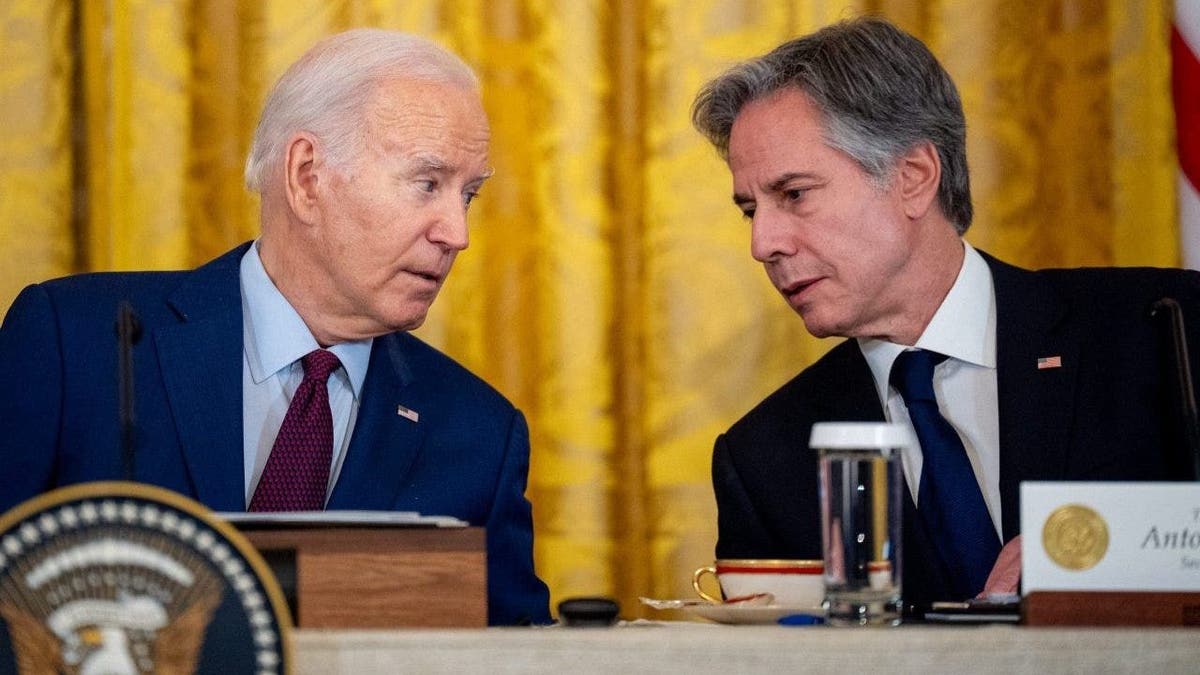
Incoming Senate Foreign Relations Committee Chairman, Senator Jim Risch, questioned the administration's delayed response, highlighting the protracted nature of the conflict and his prior calls for sanctions. He argued that the delayed action weakened US influence and could have contributed to further instability. Risch emphasized the urgent need for a resolution to the conflict to prevent further regional turmoil and protect global security.

U.S. Special Envoy for Sudan, Thomas Perriello, defended the administration's actions, stating that such determinations require thorough investigation and evidence of intent. He emphasized that the sanctions and genocide declaration are part of a consistent effort to address the atrocities and pursue accountability. The sanctions extend to seven RSF-owned companies in the UAE and one individual involved in weapons procurement for the RSF.

The Treasury Department concurrently announced sanctions against the RSF-affiliated companies, accusing them of financing RSF operations, procuring weapons, and engaging in illicit gold trade. These sanctions aim to disrupt the RSF's financial and logistical networks. A UAE foreign ministry official responded to the sanctions against UAE-registered companies, emphasizing the UAE's commitment to addressing the humanitarian crisis and denying any support to warring parties in Sudan. The official reiterated the UAE's dedication to combating financial crime and upholding the integrity of the international financial system.
